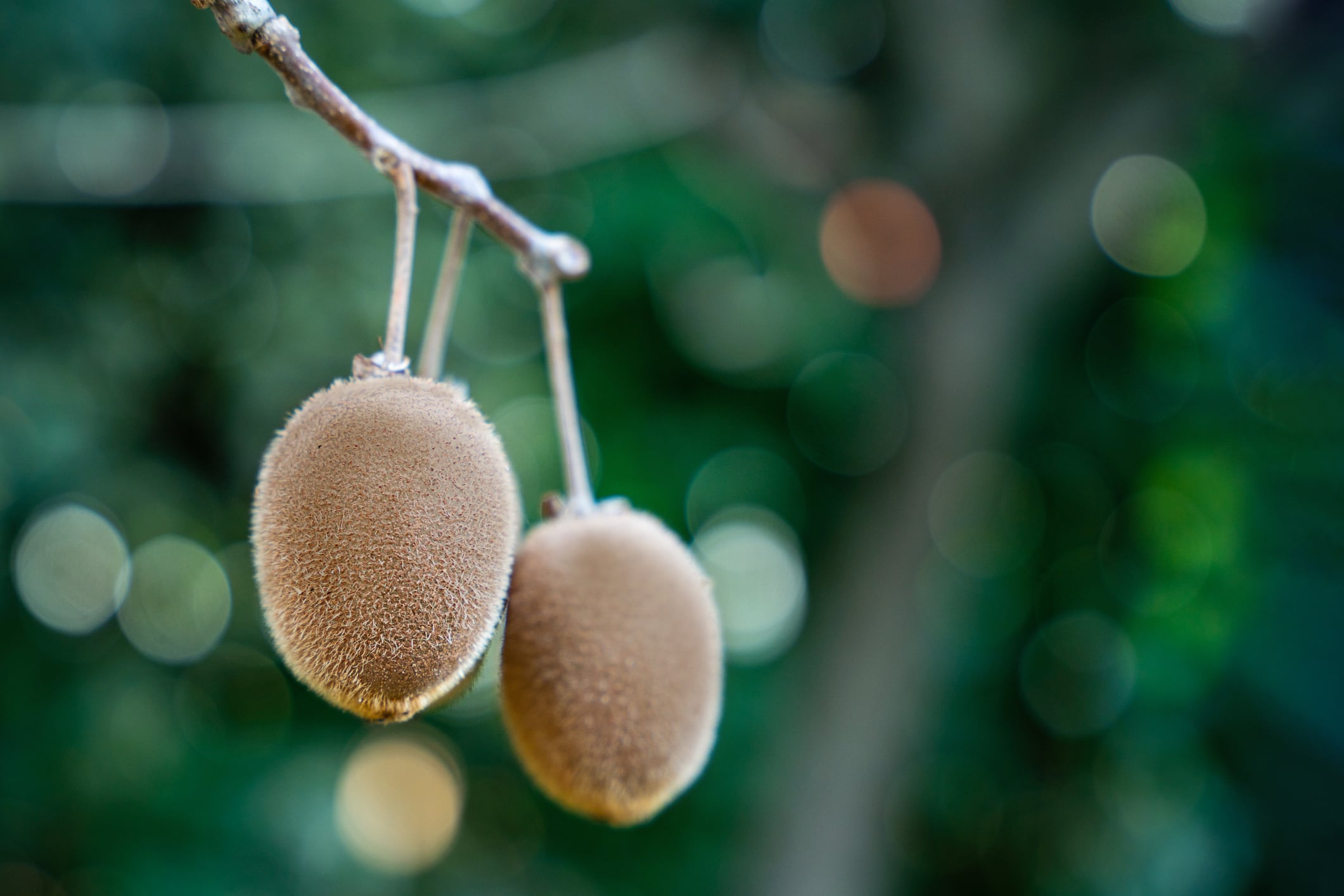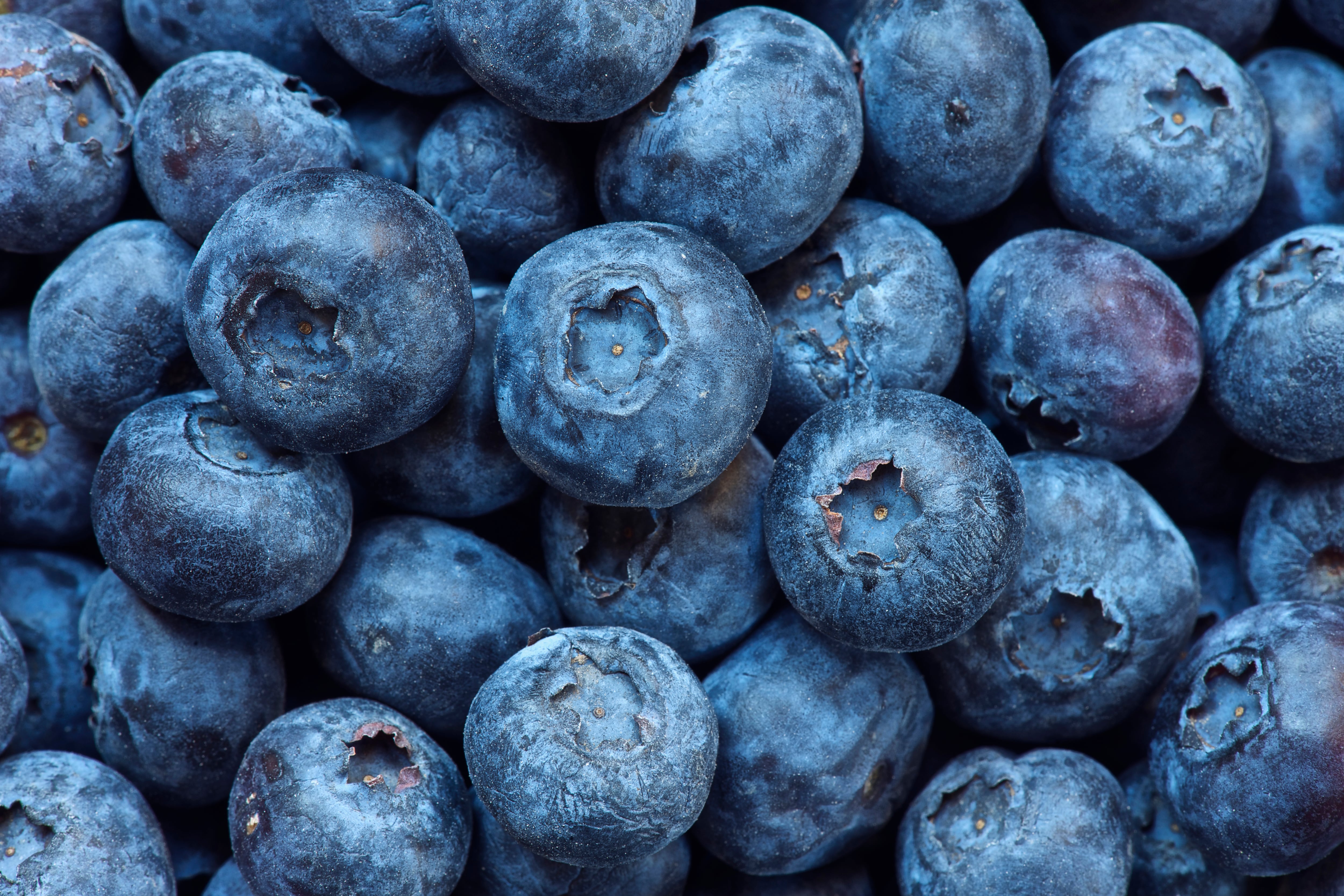ZAG is calling for solutions that strengthen climate resilience across food systems, drive meaningful decarbonisation, and enhance orchard productivity.
In its first year, ZAG received over 100 submissions from more than 15 countries, with 11 projects moving into pilot programmes.
Biochar, chemical signature analysis and microwave sensing
Zespri works with more than 4,000 growers around the world to bring fruit to more than 50 countries. It has over $US2.5 billion in revenue and makes up one-third of the industry’s global volume.
ZAG pilots to date have explored a variety of sustainability efforts, including the use of biochar on kiwifruit orchards to increase orchard productivity while reducing emissions.
Pilots are investigating technology that analyzes the unique chemical signatures emitted by fruit to support planning around kiwifruit harvesting.
The use of microwave sensing technology is also being looked into as a non-destructive method for quality assessment of kiwifruit without waste.
ZAG already has the world’s largest breeding programmes for kiwi fruit, claims its chief marketing, innovation and sustainability officer Jiunn Shih. He says the fund is looking for more support outside of breeding.
“We’ve had a really positive first year with ZAG. It’s helped connect us with innovative problem solvers from around the world to address key challenges our industry faces as we meet the growing demand for kiwifruit, but this is just the beginning.”
For year two, ZAG is heightening its efforts to focus on climate resilience, decarbonisation, and waste reduction.
These include solutions to help grow better kiwifruit while nurturing soil health by improving water retention, biodiversity and carbon storage to support growers, enhance orchard resilience and safeguard productivity while growing sustainably.
Long-term sustainable value for growers
“Our mission is to deliver long-term sustainable value for kiwi fruit growers,” Shih told AgTechNavigator. “Like many in the agriculture sector, we face challenges from climate change, rising labour and input costs and how to lift yield and productivity. This is one of the reasons in which we believe that innovation plays a critical role.”
Zespri’s ZAG Innovation Fund is trialing technology from Scentian Bio.
Started in New Zealand, Scentian Bio develops biosensors that mimic the incredible smell receptors from insects to deliver a highly-sensitive, real-time measurement of smell and taste.
This technology, Shih believes, has the potential to significantly improve the precision of predicting fruit maturity levels and determining optimal harvest timings.
Biochar offers several potential benefits for kiwi growers, believes Shih. Biochar is able to lock carbon in the soil for hundreds of years, reducing greenhouse gas emissions. It also acts as a ‘nutrient battery,’ storing nutrients and preventing leaching, which supports the nutrient needs of kiwi plants.
A particular challenge for kiwi growers is the need for winter chill. “Growers need about up to 1,000 hours of winter chill,” explains Shih.
“In the last few years there’s been a lot more volatility in the number of hours of winter chill and that affects things like the flowering of grey mold.
“We are also seeing more wet summers in New Zealand. Two years ago, we had a massive cyclone which wiped out about 30% of yields.”
Is farmer adoption a challenge?
Zespri serves around 2,800 farmers in New Zealand and around 1,500 elsewhere around the world, with an average farm size of around three acres.
“Our growers are not homogeneous,” Shih says. “But we have a big percentage who are very commercial farmers, and they are fast adopters of better technologies once they are proven but we also have some smaller farmers who tend to be more resistant of different practices.”





